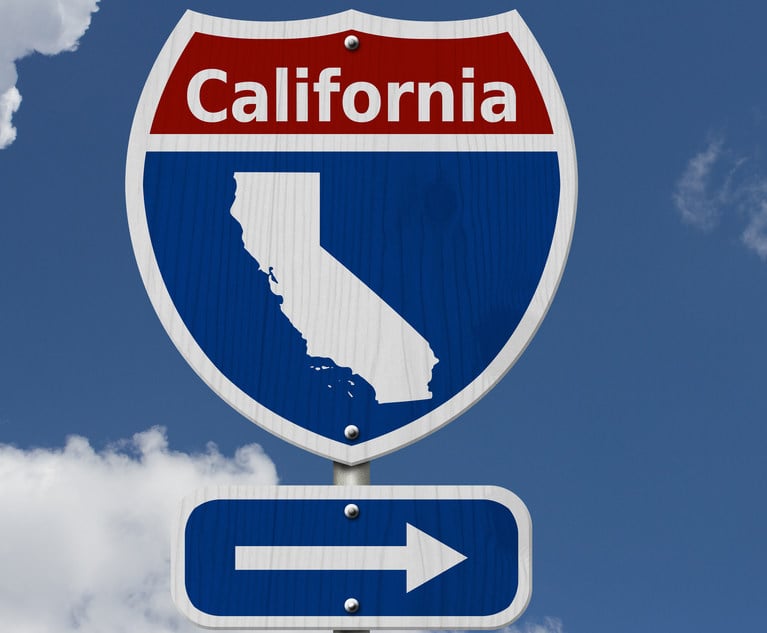The 50 states no longer have exclusive control over what goes onin insurance.
|Federal regulations have forced carriers to answer to anotherauthority.
|Will the federal government one day control the world ofinsurance the way it controls other aspects of the financialservices field? Jamie Bisker, insurance research director for theresearch and consulting firm TowerGroup, believes such control willtake place and discusses the possibility in his report entitledRecent Regulations Affecting the Insurance Industry. I think,eventually, the federalization of insurance, just like banking,will occur. Its only a question of how long it will take, hesays.
The federal government has been inching into the insurance industryover the last decade with measures such as the Gramm Leach BlileyAct, HIPAA, the Sarbanes-Oxley Act, the USA PATRIOT Act, and theexpansion of the OFACregulations. Bisker says the NationalAssociation of Insurance Commissioners (NAIC) has ralliedopposition to a federal takeover of industry regulation, but hefeels it is more of a cultural battle being waged than one thatinvolves logic.
Ironically, the way [the NAIC] is forestalling federalization isby acting like a federal agency itself, he observes. The NAIC says,Here, well have a model regulation. You [insurers] sign on to it,and well keep those nasty feds away.
|Bisker asserts he respects the work of the NAIC and claims oneof the reasons insurers also respect the organization is the NAIChas stayed away from having a few people or states wield too muchinfluence. The thing that works in [the NAICs] favor is it rotatesits positions, he says. You dont have people lording their positionor having multiple-year terms. If you are going to have somethingthat is acting as a quasi-organization to help all the insurancecommissioners do their jobs and act with some semblance orsynchronization, its good there is no one person who stays longenough to impact [unduly] the organization. They are all there forthe good of the industry.
|One of the reasons the federal government is becomingincreasingly interested in the insurance industry is technology,according to Bisker. Look at what the Internet can do for us, hesays. It is logical you can have capabilities across the statesthat make sense. Its hard for me to understand the justificationpeople have for why Texas has to be different than Ohio. There maybe different hazards, but there is no hazard that is incrediblyunique to any one locale.
|The government has focused more on the life insurance industrywhen it comes to regulations such as anti-money laundering rules.There are obvious examples of the danger in selling, say, asingle-premium life insurance product, but Bisker believes effortsalso need to be focused on the property/casualty side. We knowthere is fraud in the P&C industry, he says. In the U.S., itssomething north of $20 billion a year. We have people coming herefrom foreign countries to perpetuate fraud. At some point, somebodyhas to recognize this [P&C] type of insurance fraud is a way tocreate funds, and it could be a way to fund terrorism. It may notbe happening yet, but its something somebody should pay attentionto.
|Bisker does not believe insurers have been overly concerned withthe federal regulations even though hefty fines have been issued.To insurers, it is just a compliance issue, he says. I dont thinkthey have paid as much attention as they should. Insurersessentially have been lucky until now, he maintains, asking, Doesthat mean every carrier is doing its utmost to make sure it is notserving any specially designated nationals? Or is it just the badguys havent been trying to buy car insurance recently?
|ROBERT REGIS HYLE
Want to continue reading?
Become a Free PropertyCasualty360 Digital Reader
Your access to unlimited PropertyCasualty360 content isn’t changing.
Once you are an ALM digital member, you’ll receive:
- All PropertyCasualty360.com news coverage, best practices, and in-depth analysis.
- Educational webcasts, resources from industry leaders, and informative newsletters.
- Other award-winning websites including BenefitsPRO.com and ThinkAdvisor.com.
Already have an account? Sign In
© 2024 ALM Global, LLC, All Rights Reserved. Request academic re-use from www.copyright.com. All other uses, submit a request to [email protected]. For more information visit Asset & Logo Licensing.








